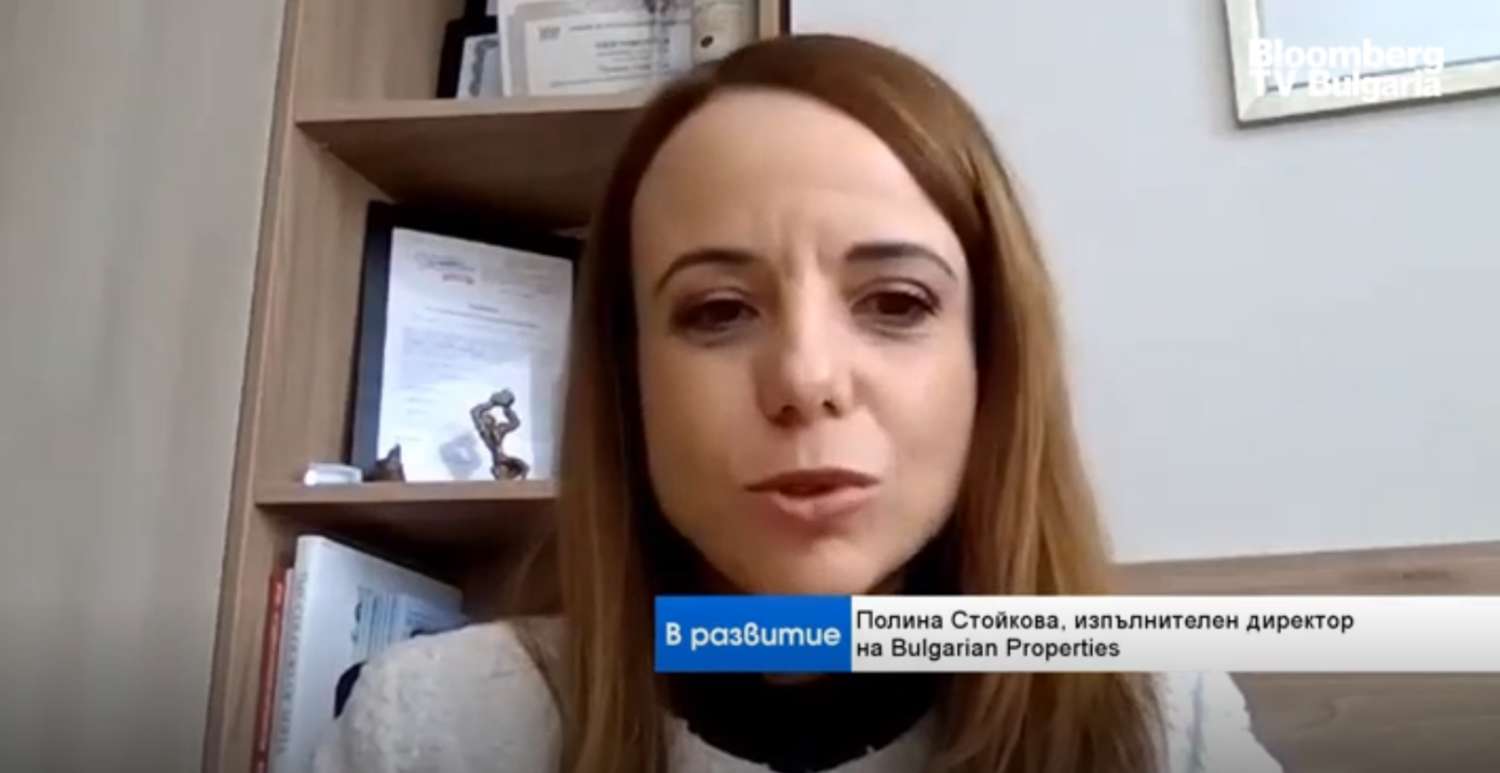Eurozone Entry: Implications for Bulgaria's Real Estate Sector
 Amidst the backdrop of Bulgaria's dynamic real estate landscape, all eyes are on the potential impact of the country's imminent entry into the Eurozone. The bustling market in Sofia, Bulgaria's capital, kicked off 2023 with a noticeable decline in transactions, hovering around 14%. However, subsequent quarters saw a gradual improvement, with reductions limited to 11.7% and 5.4%, respectively, as reported by the Registration Agency. Despite these fluctuations, the broader national picture reveals a decrease of 7.4% in transactions compared to the previous year, amounting to 62,398 reported deals by the year's end.
Amidst the backdrop of Bulgaria's dynamic real estate landscape, all eyes are on the potential impact of the country's imminent entry into the Eurozone. The bustling market in Sofia, Bulgaria's capital, kicked off 2023 with a noticeable decline in transactions, hovering around 14%. However, subsequent quarters saw a gradual improvement, with reductions limited to 11.7% and 5.4%, respectively, as reported by the Registration Agency. Despite these fluctuations, the broader national picture reveals a decrease of 7.4% in transactions compared to the previous year, amounting to 62,398 reported deals by the year's end.
As speculation mounts regarding the implications of Eurozone accession on Bulgaria's property sector, Bloomberg TV Bulgaria sought insights from industry experts. Polina Stoykova, the executive director of BULGARIAN PROPERTIES, shared her perspective on the matter. Stoykova highlighted Bulgaria's extensive preparation for Eurozone integration, emphasizing the country's familiarity with euro-based transactions spanning two decades. From pricing structures to notary deeds, the real estate market has long accommodated transactions in euros, minimizing anticipated disruptions upon adoption.
However, Stoykova emphasized that the real impact of Eurozone entry lies in its effect on supply and demand dynamics. Notably, she anticipates heightened foreign interest, particularly from investors and buyers. With recent years witnessing a decline in foreign engagement, Stoykova foresees a resurgence of interest, rendering Bulgarian property more appealing to both individuals and institutional investors. This anticipated surge in demand could inject vigor into the market, revitalizing activity and potentially driving property prices upward.
Moreover, Stoykova underscored the pivotal role of mortgage and deposit rates in shaping market sentiment post-Eurozone entry. The banking sector's response to the transition will be critical, particularly concerning the recalibration of interest rates on new loans. Stoykova highlighted the current variability in interest rate formulas across banks, emphasizing the need for clarity and consistency in post-Eurozone lending practices. Additionally, she stressed the significance of deposit interest rates, which, if affected, could influence investment decisions and overall market liquidity.
In essence, Bulgaria's imminent entry into the Eurozone promises to usher in a new era for its real estate market. While technical adjustments may be minimal, the broader implications on supply, demand, and financing mechanisms are poised to reshape the sector's landscape. As stakeholders await further developments, anticipation is rife regarding the transformative impact of Eurozone accession on Bulgaria's vibrant property market.
View our properties in the ski and beach resorts
Invest in the Bulgarian capital

Read more news




